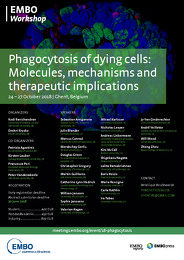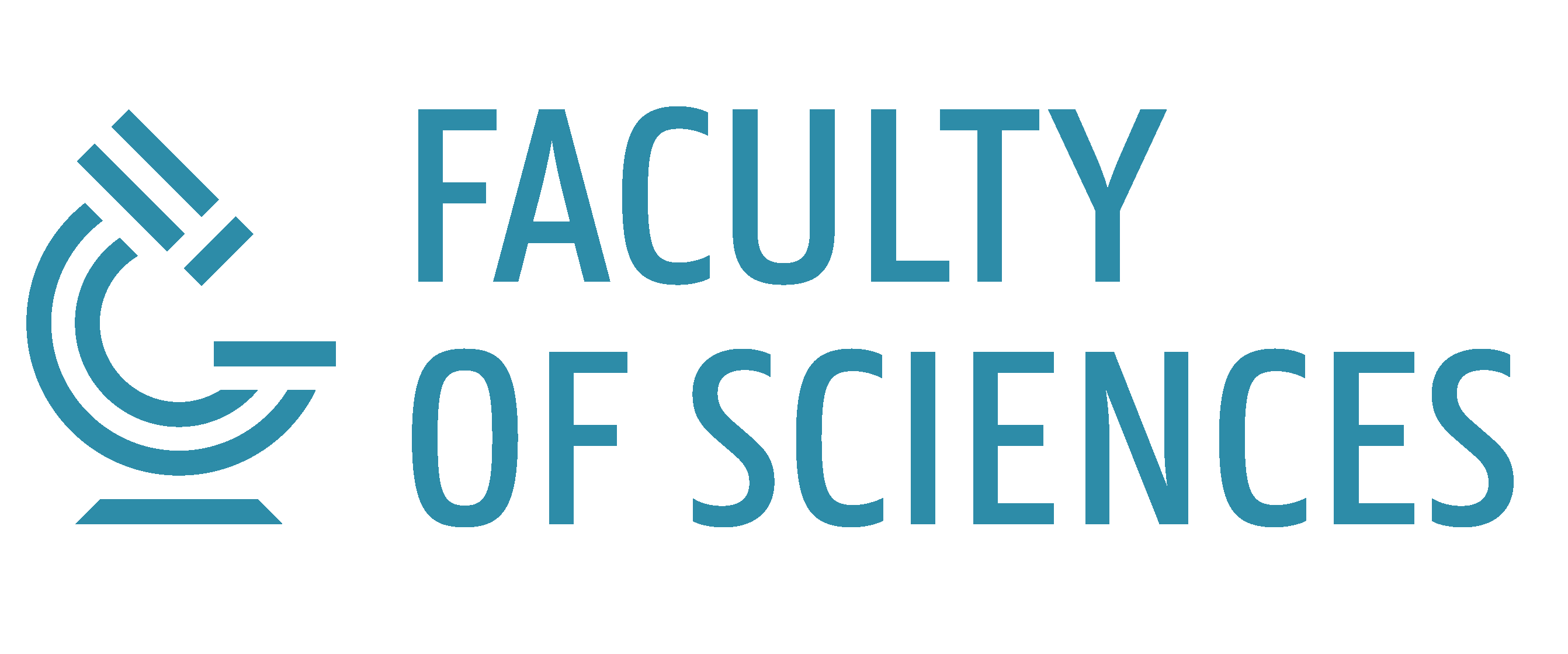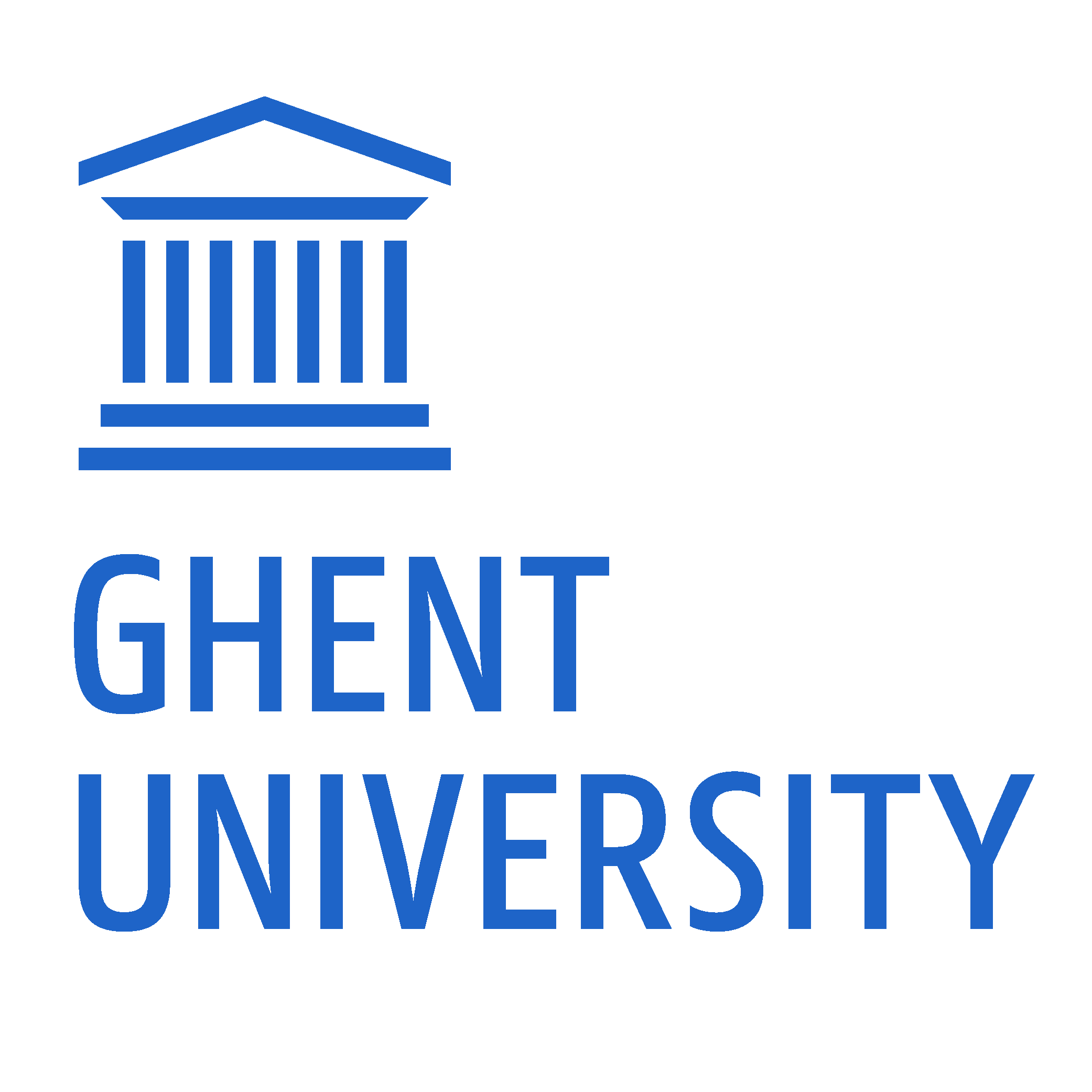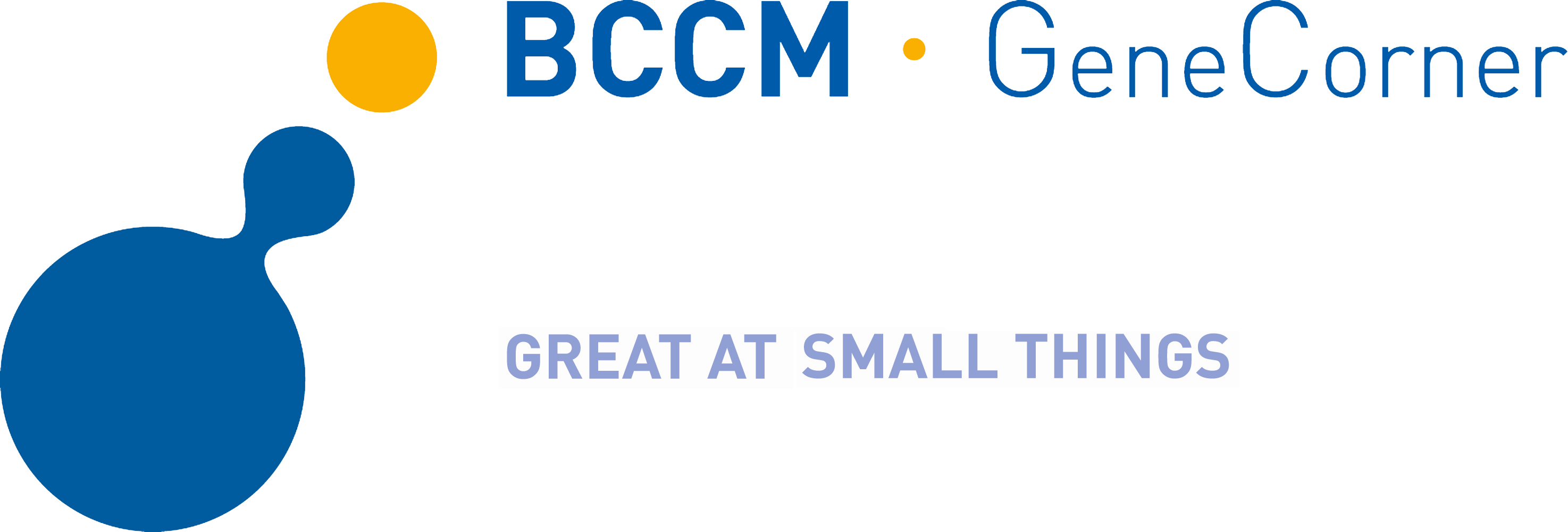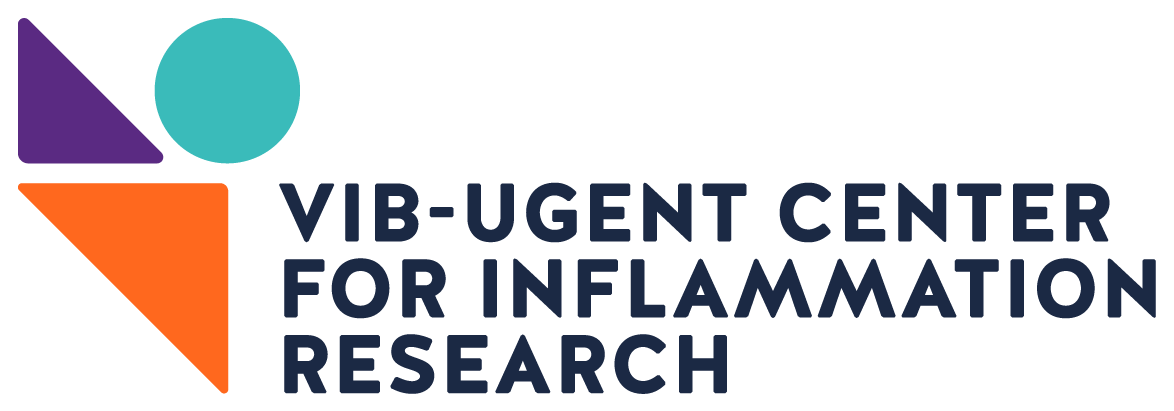About the Workshop
Every day we turnover billions of cells in the body. The clearance of these dying cells is a ‘fun’damentally important process that is relevant for development, maintenance of tissue homeostasis, and resolution of inflammatory responses. This process of dying cell removal is also highly evolutionarily conserved, and knowledge from model organisms has provided significant insights into the mammalian process. Importantly, failure to promptly clear dying cells has been linked to autoimmune conditions such as SLE, while phagocytosis and presentation of dying tumor cell antigens is required for generation of an efficient anti-cancer immunity. Over the past years, significant knowledge has been gained on apoptotic cell removal, yet this is still a relatively young and exciting field with key knowledge gaps. Further, many other forms of cell death (such as necroptosis and ferroptosis) have also been recently linked to human diseases, and the way cells dying by these modalities are recognized and engulfed, has become especially important. Therefore, this workshop intends to engage investigators working on different modalities of cell death, different aspects of the cell clearance process, and different models of development and disease (from model organisms to humans) to get a better perspective of the current state of the field, and where the challenges and opportunities lie ahead.
The program contains the following main subjects linked to phagocytosis of dying cells:
- Molecular mechanisms
- Responses of engulfing phagocytes
- Phagocytosis during development and disease
- Metabolism and tissue repair
- Anti-tumor immunity
- Tolerance and autoimmunity
- Potential therapeutic applications
About EMBO Courses and Workshops
EMBO Courses and Workshops are selected for their excellent scientific quality and timelines, provision of good networking activities for all participants and speaker gender diversity (at least 40% of speakers must be from the underrepresented gender).
Organisers are encouraged to implement measures to make the meeting environmentally more sustainable.


